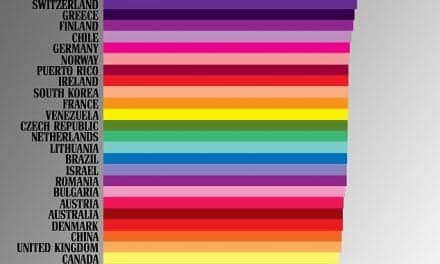Vox: Sleep deprivation has become one of the many side effects of the pandemic. It’s one that’s often invisible — a lot of people have no choice but to muddle through their day no matter how tired they are — but one that’s slowly wearing us down.
For some, lack of sleep is about lack of time. “I get up now hours before my kids to get a few hours of writing and work done,” Courtney Boen, a professor of sociology and demography at the University of Pennsylvania, told Vox. “I know I’m not alone.”
But for others, scheduling isn’t necessarily to blame. When the pandemic hit, rates of insomnia spiked around the world, driven by everything from the stress of living during an international public health crisis to the changes in daily life wrought by lockdowns. “People had additional responsibilities, new challenges, much more uncertainty,” Lauren Hale, a professor of family, population, and preventive medicine at Stony Brook University, told Vox.
And as the delta variant continues to spread around the country, that uncertainty and its effects on sleep may not have abated. Some people have just gotten used to disrupted cycles and 3 am anxiety spirals; it’s how life is now. As Jennifer Martin, a clinical psychologist who serves on the board of directors for the American Academy of Sleep Medicine, told Vox, “There are some people who are still experiencing a lot of disruption.”


